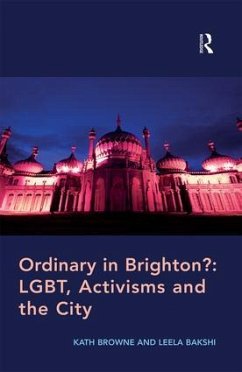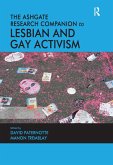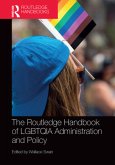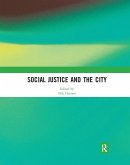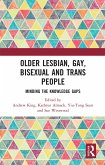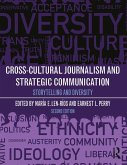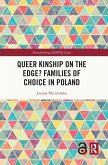Ordinary in Brighton? offers the first large scale examination of the impact of the UK equalities legislation on lesbian, gay, bi- and trans (LGBT) people themselves and the effects of these changes on the nature of LGBT political activism. Using the participatory research project, Count Me In Too, this book investigates the material issues of social/spatial injustice that were pertinent for some, but not all, LGBT people, and activisms that worked with/within through partnership working. Despite the common trope that there is much written about 'gay Brighton', there is in fact very little academic or popular literature published about this city. All royalties from this book will be donated to Allsorts Youth Project, Brighton & Hove LGBT Switchboard, The Clare Project and Mind Out.
Bitte wählen Sie Ihr Anliegen aus.
Rechnungen
Retourenschein anfordern
Bestellstatus
Storno

